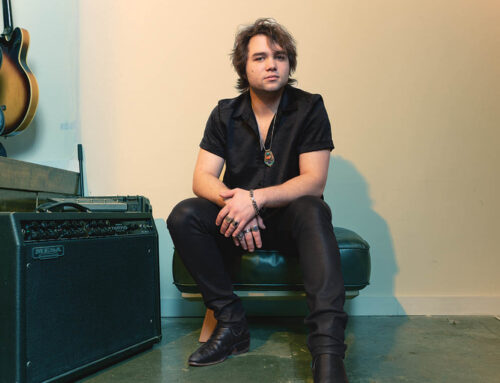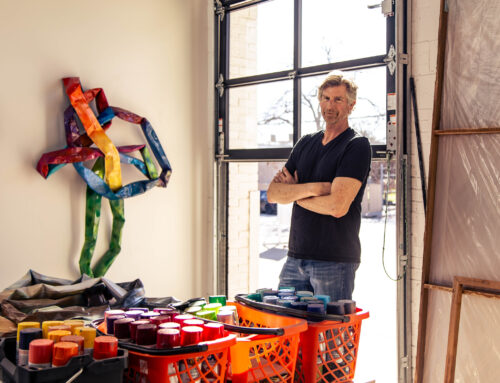I’ve always had a passion for sailing. In my youth I sailed Sunfish on the lakes of northeastern Pennsylvania and dinghies in Casco Bay, Maine, where my grandmother lived. I later chartered sloops, ketches and yawls on the Chesapeake and the Caribbean.
On the water, I could leave the daily grind behind; I could forget that I was a minister and pretend to be a salty sea dog.
Early in my sailing career, I noticed a sign that is commonly seen near marinas where boats are kept. It said, “You Are Responsible For Your Wake.”
What it meant was that you needed to slow down and minimize the waves you left behind — especially if you were piloting a powerboat up the narrow passages near the slips where boats where tied to their pilings. Too many waves, and you could do damage. The message was that, if you did damage to another vessel with your wake, you were legally responsible.
I began to think about the sign and its message. I thought to myself, isn’t that an important insight about life? We are responsible for our wake. We need to pay attention to what we leave behind us, and make sure that it doesn’t do damage.
As we round the beginning of another year (tempus fugit), it would be a good exercise to give some thought to our legacies — to consider for a little while what we are leaving behind to those who come after us. What will they remember about us? Our values? Our passions? Our beliefs?
The writer Sam Keen, in his bestseller “To a Dancing God,” talks about his father, a Presbyterian minister. One day when he was a boy, he sat under a tree with his father and watched him carve on a peach seed. He watched as his father fashioned a monkey from that seed, and he remembered that as a child, he had an intense desire to have one of those carved monkeys. His dad told him that the one he had just finished was for his wife, the boy’s mother, but he said, “One day I will carve one for you, too.”
Years passed, and that promise faded into a distant memory. Sam Keen’s father was near death from emphysema, and they sat together under a juniper tree. Keen, knowing that his father’s days were short, said: “Dad, in all that was important you’ve never failed me. With one exception, you’ve kept the promises that you’ve made.” He said in jest, “You never got around to carving me a peach-seed monkey.”
Sam didn’t mean it seriously — he was joking with his dying father. However, not many days later, he received a package. It was a monkey carved from a peach seed — and a note that said: “Here is the monkey I promised you. You will notice that I broke one leg and had to repair it with glue. Sorry I don’t have the time to carve a perfect one.”
Two weeks later his dad had gone to the Father’s house. “For me,” he writes, “a peach-seed monkey has become all of the promises which were made to me and the energy and cheer with which I was nourished, created and shaped as a human being by my parents.”
It makes me stop and wonder: what kind of legacy am I leaving? After all, I’m responsible for my wake.






